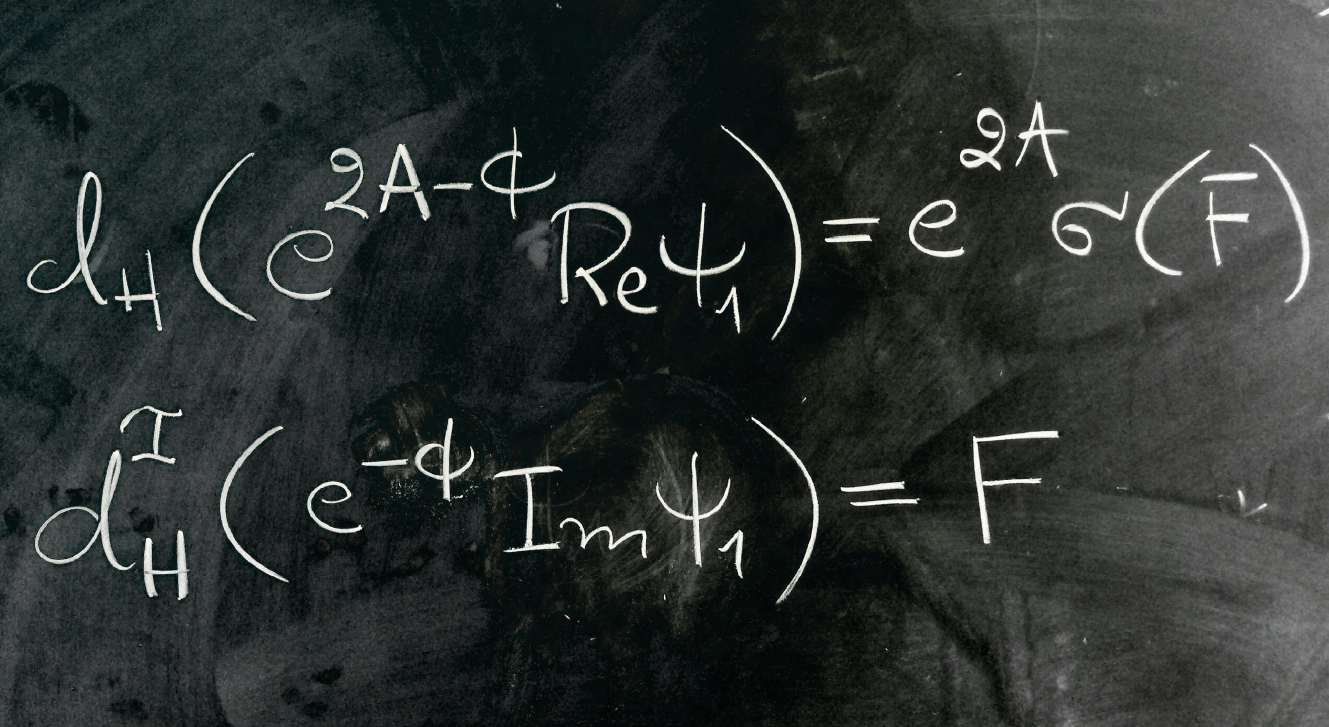Les activités de recherche du groupe Théorie couvrent un champ très large de sujets, allant de l’infiniment petit à l’infiniment grand : des propriétés des constituants ultimes de la matière, à des questions reliées aux structures de l’univers à grande échelle. L’objectif ultime est de fournir des modèles théoriques pour expliquer les résultats expérimentaux, ou de faire des prédictions théoriques qui pourraient être testées expérimentalement. Nos activités peuvent être classées selon trois grands axes : la physique nucléaire et hadronique, la physique des hautes énergies, et les aspects formels de la physique théorique.
La physique des hautes énergies est consacrée à l’étude des interactions fondamentales entre particules élémentaires. La théorie des interactions fondamentales actuellement admise (le modèle standard) s’est montrée extrêmement précise pour décrire les constituants ultimes de la matière mesurables expérimentalement. Il existe pourtant de sérieuses raisons de penser qu’elle ne peut représenter une théorie complète des lois de la nature et nous consacrons une partie de nos recherches à l’étude de différentes théories allant au-delà du modèle standard.
La physique nucléaire et hadronique est l’étude des noyaux atomiques et de leurs constituants : les quarks et les gluons. Certains phénomènes que nous étudions se manifestent à relativement basse énergie, alors que d’autres surviennent dans des milieux extrêmes, comme l’intérieur des étoiles chaudes et denses.
La physique théorique formelle est l’étude des divers aspects mathématiques des théories physiques mais elle s’intéresse également à des sujets qui, aujourd’hui, ne sont pas directement accessibles expérimentalement. Parmi ces derniers il y a, par exemple, la gravité quantique, théorie qui unifie la relativité générale d’Einstein et la mécanique quantique.
